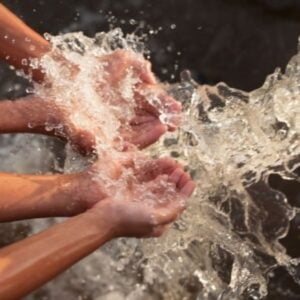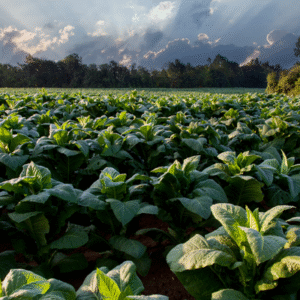The Government of Borno State, in partnership with the African Development Bank (AfDB) and the International Committee of the Red Cross (ICRC), has launched a new initiative to expand access to safe, resilient, and inclusive water services in Maiduguri.
The partnership was announced at a roundtable on Tuesday, 10 September, marking one year since devastating floods—worsened by the collapse of the Alau Dam—hit Borno State, severely affecting Maiduguri and Jere local government areas.
Borno, in Nigeria’s Lake Chad region, has endured over a decade of conflict, mass displacement, and rapid urban growth. Between 2006 and 2021, Maiduguri’s population more than doubled and is projected to surpass 2.5 million by 2030. This growth has placed heavy pressure on already strained water systems. Currently, public infrastructure covers only part of the city’s needs, forcing many households to rely on unsafe and costly alternatives, with women and children particularly vulnerable.
The roundtable gathered senior officials from the Borno State Government, the Federal Ministry of Water Resources and Sanitation, AfDB, ICRC, the World Bank, Agence Française de Développement, UN agencies, development partners, and diplomats.
Speaking at the event, Mallam Bukar Tijani, Secretary to the Borno State Government, reaffirmed the state’s priorities: “Ensuring that every citizen, regardless of location or socio-economic status, has access to safe and affordable water is a top priority for Borno State. We are committed to working with the Federal Ministry of Water Resources and Sanitation, the African Development Bank, ICRC, and other partners to bridge the gap between need and provision through technology, expertise, and sustainable financing.”
Dr. Abdul Kamara, AfDB’s Director General for Nigeria, underlined the connection between water and stability: “Water, resilience, and peace are deeply interconnected. Investing in water is central to the African Development Bank’s Strategy for Addressing Fragility and Building Resilience in Africa. Through strong partnerships, we are helping northern Nigeria move from recurring crises to a future of stability and sustainable development.”
ICRC Nigeria Head of Delegation Doris El Doueihy emphasized the need to link humanitarian and development efforts: “The humanitarian–development link is not just a concept; it is a lifeline. We must meet urgent needs while investing in long-term resilience to prevent future crises.”
Joseph Terlumun Babarinde Segun Mukaila, Director of Water Supply and Support Services, speaking on behalf of the Minister of Water Resources and Sanitation, stressed the Federal Government’s commitment to innovation and sustainability through its National Action Plan on water, sanitation, and hygiene.
Over the past decade, the AfDB has invested more than $805 million in water and sanitation projects across Nigeria, improving access for at least eight million people. In Borno State alone, AfDB programs have benefited 1.6 million residents, including 417 interventions in Maiduguri that improved water access, healthcare, education, and livelihoods.
The roundtable concluded with a commitment from the Borno State Government to establish a steering committee and collaborate closely with partners on implementation. Participants endorsed the Maiduguri Urban Water Supply Masterplan as the roadmap for achieving safe, reliable, and affordable water, recognizing its importance for public health, resilience, and long-term peace in northeast Nigeria.







